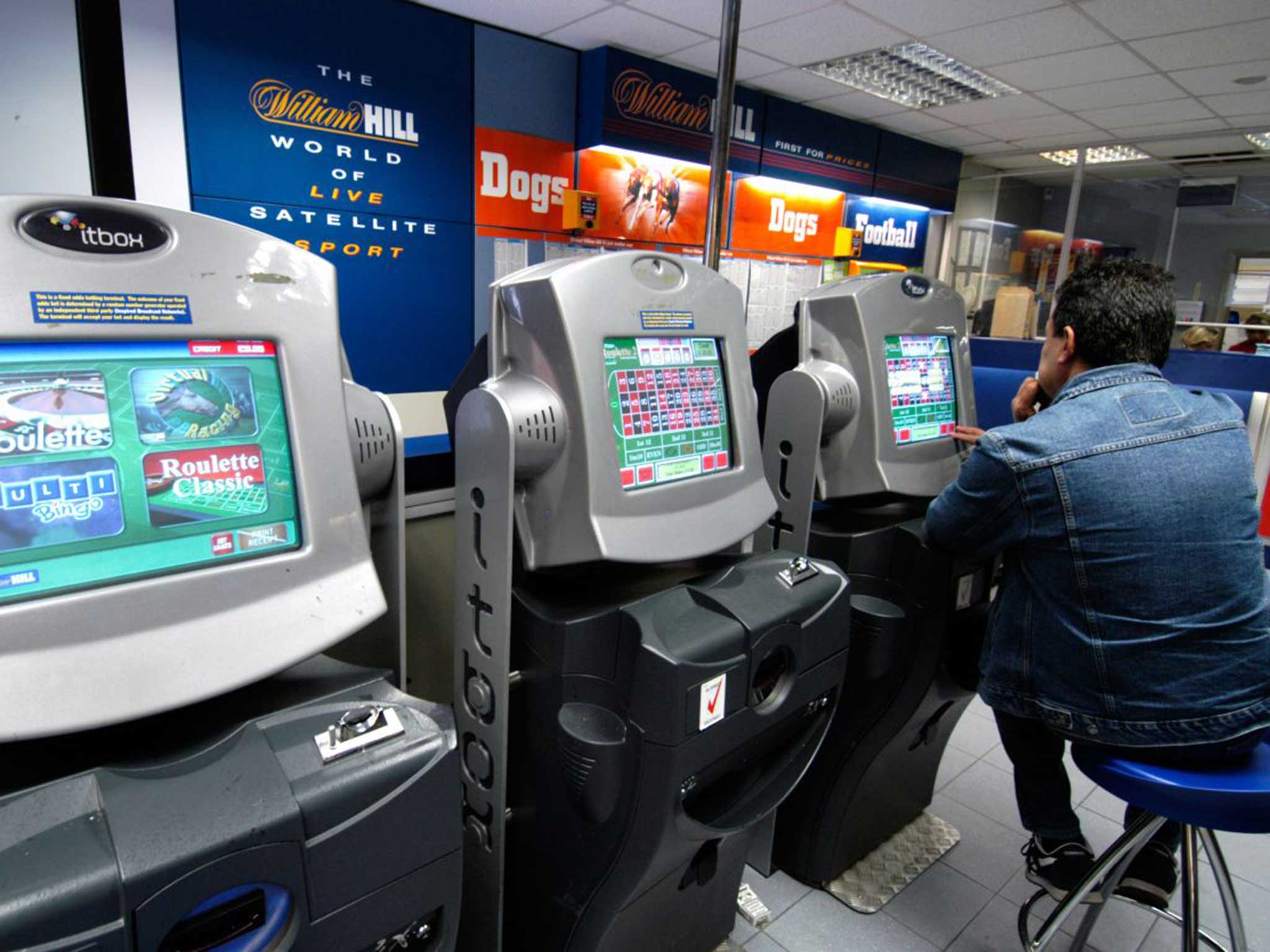When did gambling become the nation’s new tipple?


When I was growing up, there were countless adverts on television proclaiming the virtues of certain alcoholic drinks. “Try the taste of Martini”; “I’d love a Babycham”; “Heineken refreshes the parts”, etc. At the same time, gambling was regarded as a pursuit so dangerous that the windows of betting shops were blacked out and it was inconceivable that a bookmaker would be allowed to advertise. The not-so-subliminal message was: drinking good, betting bad.
In many ways, we are a much more evolved, open and relaxed society today, but in the narrow aspect of our relationship with gambling we’ve gone seriously backwards. In fact, if you were a Martian landing in Piccadilly Circus, you’d be forgiven for thinking that betting has become the national sport. While alcohol advertising is subject to exceptionally stringent regulation, and the government is pondering whether to stop junk food ads before TV’s 9pm watershed, the growing number of online betting firms are seemingly able to promote themselves with unrestricted freedom. And their message is an insidious one: gambling is fun, and it can turn you into a winner.
I had a period when I would spend a fair bit of time – and, therefore, money – in betting shops. I told myself that I, too, could be a winner. It was only when I read Martin Amis who, in his book Experience, described how and why he gave up his betting addiction that I re-evaluated this particular life choice. “After two or three years of near-daily patronage, I stopped going to betting shops,” wrote Amis. “I stopped when I suddenly noticed that betting shops were populated not by rich people getting richer but, rather, by poor people getting poorer.”
Contrary to what we’re told in the ads by the selection of cheeky chappies taking the shilling from these overseas-domiciled betting companies, gambling doesn’t turn you into a winner. Truthfully, you’re about as likely to become a winner through betting as you are by drinking Babycham.
The targeting of armchair sports fans is especially pernicious. What’s presented is the idea that it’s impossible to watch sport for the joy of sport. Make it more exciting by having a bet. Even a goalless draw can become thrilling with the prospect of winning a few quid.
It is perfectly suited to an age when no one seems capable of living in the present. I watched a football game on TV with my friend the other night, and he was constantly looking at his phone, checking scores at distant grounds. He’d had a bet which required getting five results correct (a nigh impossible task) and sporting achievement had merely become a financial equation. He might as well have watched a live feed of the FTSE 100. I’ve been known to have a bet on football myself, so I don’t want to appear po-faced, but I find myself imploring the nanny state to step in and save us from ourselves.
And that’s not even to mention the seed of corruption that betting has planted in sports from football to snooker, and the alarming rise in gambling-related suicides. We must be able to do something to stop poor people becoming poorer.
Join our commenting forum
Join thought-provoking conversations, follow other Independent readers and see their replies
Comments
Bookmark popover
Removed from bookmarks